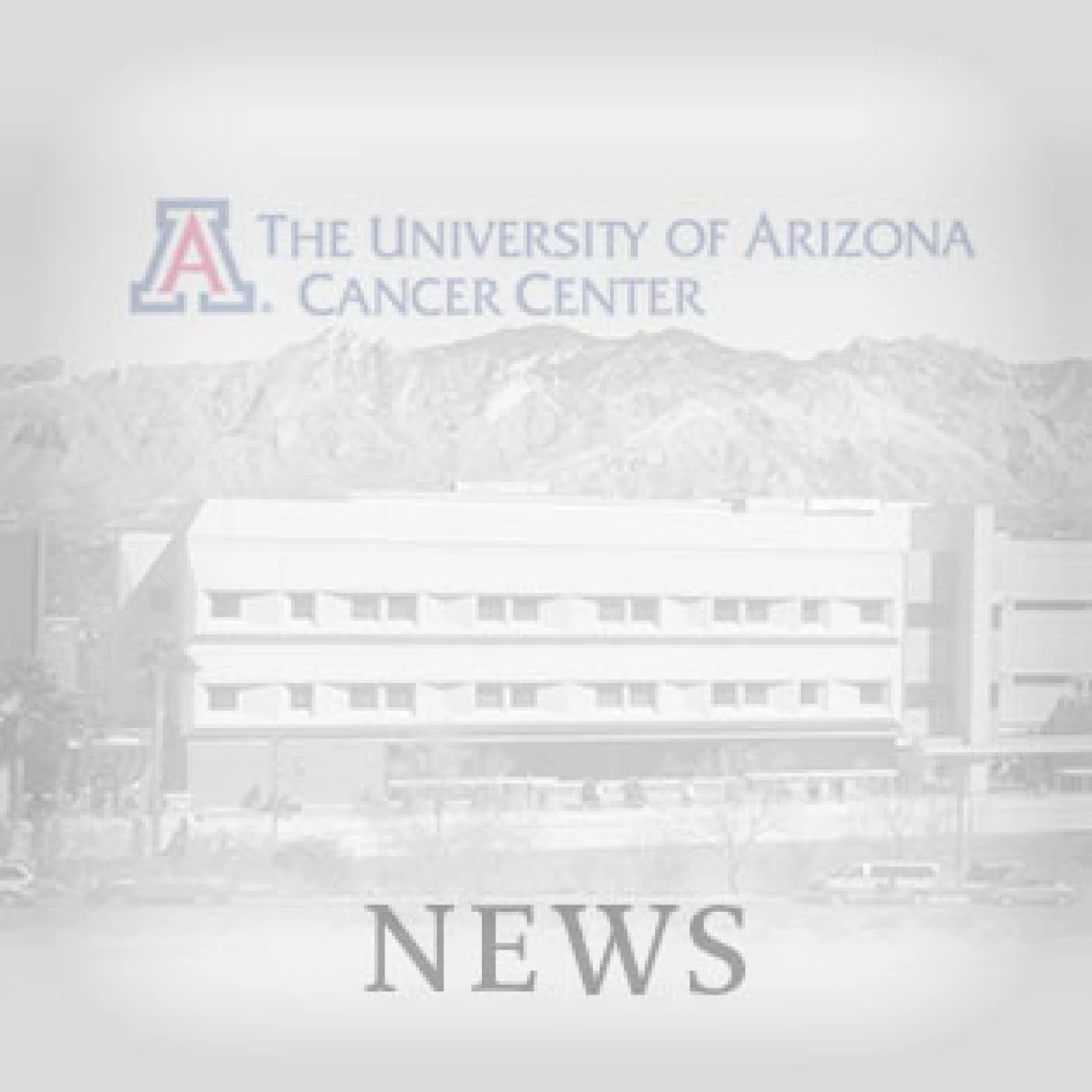In the beginning

Cancer. It’s a disease that exists simply to create chaos and destroy anything that crosses its path — biologically, mentally, physically and spiritually.
Statistically speaking, cancer impacts almost everybody at some point. According to the American Cancer Society, one out of every two men and one out of every three women will be diagnosed with cancer in his or her lifetime. Those fortunate enough to avoid a cancer diagnosis will almost certainly see a family member or close friend deal with the disease.
On Dec. 23, 1971, President Richard Nixon and Congress took serious action against this formidable foe, putting Senate Bill 1828: The National Cancer Act into effect. This bill gave the National Institutes of Health a previously unprecedented amount of financial and administrative support in hopes of finding a cure for cancer.
Shortly after The National Cancer Act went into effect, the foundation was laid for what would become the cornerstones of the international cancer research community in New York, Los Angeles, Houston, London, Baltimore, Washington, DC, Boston, Zurich and, yes, Tucson, Ariz.
Founded in 1976 as a division of the University of Arizona's College of Medicine, the University of Arizona Cancer Center is a Center of Excellence in the Arizona Health Sciences Center. In 1990, The University of Arizona Cancer Center was designated as one of the first comprehensive cancer centers by the National Cancer Institute (NCI) and is still the only comprehensive cancer center headquartered in Arizona.
This is the story of a group of ambitious, creative thinkers who were brought to the Sonoran desert through a mutual admiration of breathtaking sunsets, Mexican food and the idea that they could all accomplish much more working together than by chasing individual accolades.
This is the story of the University of Arizona Cancer Center.
The University of Arizona Cancer Center didn’t become one of the nation’s premier cancer research and treatment facilities overnight. It took years of planning and forethought to lay the foundation for what this institution would eventually become.
In 1972, the University of Arizona College of Medicine established the Cancer Center Activities Committee. Its first order of business was to recruit a bright, young doctor to lead the hematology/oncology section.
Even though he was only 36 years old at the time, Sydney E. Salmon, MD, had already compiled an awfully impressive résumé. In 1962, he enlisted in the United States Public Health Service, and in 1964, he was assigned to the cancer research service at the organization’s hospital in Boston. From there, Dr. Salmon served as the National Institutes of Health’s special fellow in hematology/immunology at the University of California, San Francisco, eventually earning a position as an assistant professor of medicine.
Dr. Salmon made a name for himself among cancer researchers in the Bay Area, thanks in large part to his creativity and innate leadership abilities. But while some famous crooners leave their hearts in San Francisco, Dr. Salmon left his in the Southwestern desert.
The Staten Island native moved to Tucson at age 12. The Tucson High School graduate attended the University of Arizona, graduating with a bachelor’s degree in philosophy, with a minor in psychology. Whether he was attending medical school in St. Louis, interning in Rochester, NY, or working in Boston or San Francisco, Dr. Salmon always identified as an Arizona Wildcat.
So when Dr. Salmon returned to Tucson in 1972, things began to fall into place – both for him and the program. The National Cancer Institute awarded the University of Arizona a planning grant, which helped initiate the first wave of clinical cancer programs. Two years later, the Southwest Oncology Group (now called SWOG) formed, which allowed the university to participate in larger clinical trials. This paved the way for the first two NCI-funded program project grants (1975) and the subsequent approval of the Arizona Cancer Center as a division within the UA College of Medicine (1976).
In 1978, the cancer center received its first NCI Support Grant for $1 million, designating it as an official cancer research and treatment center. This core grant has been competitively renewed in each renewal period through to the present.
- Nick Prevenas, Oct. 23, 2013
This series features only a sampling of the countless groundbreaking research projects and inspiring patient care stories that have taken place at the University of Arizona Cancer Center. Please click here to contribute your own story.
OUR HISTORY: This is a series of essays and interviews discussing the history and impact of the University of Arizona Cancer Center.
- Part 1: In the beginning
- Part 2: The 'Wild West' of cancer research
- Part 3: Breakthroughs: Personalized cancer care
- Part 4: Breakthroughs: Translational research
- Part 5: The future



